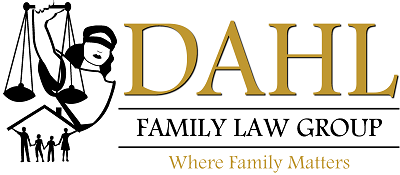Collaborative Family Law. What is that? I’ve been collaboratively trained since 2008. South Florida and Tampa have had Family Law Collaborative Groups for more than 15 years. It has been in the news lately regarding proposed legislation. The press is helpful so that more families learn about collaborative law and consider it as an alternative to traditional litigation. The premise behind collaborative law is to promise the other spouse or parent not to beat each other up in court, not to hide assets, not to lie, cheat or steal. Instead they agree to act honestly and civilly toward each other to meet their family’s needs, with particular emphasis on shared interests and goals for their children and their assets (particularly family owned businesses). It helps the family decide their fate instead of a judge that does not know them. In the collaborative model, the parties each have their own attorney and they obtain either a neutral mental health professional like a counselor or a forensic accountant and all meet together in joint sessions to resolve their case. Ultimately all they do is give the judge their paperwork to rubber stamp. It’s not great for every case as some people cannot afford to have a forensic accountant and/or a mental health counselor (of course, not all cases needed one or both). For those people who can, it saves litigation costs. On average, Money Magazine says collaborative law reduces litigation costs by more than forty percent.
